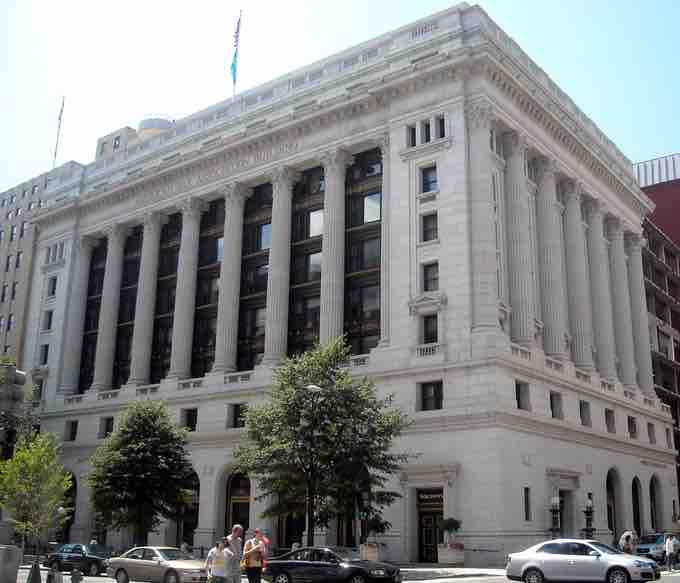The President of the United States has limited legislative powers. The Constitution's Ineligibility Clause prevents the President from simultaneously being a member of Congress. Therefore, the president cannot directly introduce legislative proposals for consideration in Congress. However, the president can take an indirect role in shaping legislation, especially if the president's political party has a majority in one or both houses of Congress.
For example, the president or other officials of the executive branch may draft legislation and then ask senators or representatives to introduce these drafts into Congress. The president can further influence the legislative branch through constitutionally mandated, periodic reports to Congress. These reports may be either written or oral, but today are given as the State of the Union address, which often outlines the president's legislative proposals for the coming year.
In the 20th century critics began charging that too many legislative and budgetary powers have slid into the hands of presidents that should belong to Congress. As the head of the executive branch, presidents control a vast array of agencies that can issue regulations with little oversight from Congress. One critic charged that presidents could appoint a virtual army of 'czars' each wholly unaccountable to Congress yet tasked with spearheading major policy efforts for the White House. Presidents have been criticized for making singing statements when signing congressional legislation about how they understand a bill or plan to execute it. This practice has been criticized by the American Bar Association (ABA, ) as unconstitutional. Conservative commentator George Will wrote of an increasingly swollen executive branch and the eclipse of Congress.

American Bar Association
Union Trust Building, Washington D.C.Home to the American Bar Association's Branch office
According to Article II, Section 3, Clause 2 of the Constitution, the president may convene either or both houses of Congress. If both houses cannot agree on a date of adjournment, the president may appoint a date for Congress to adjourn.